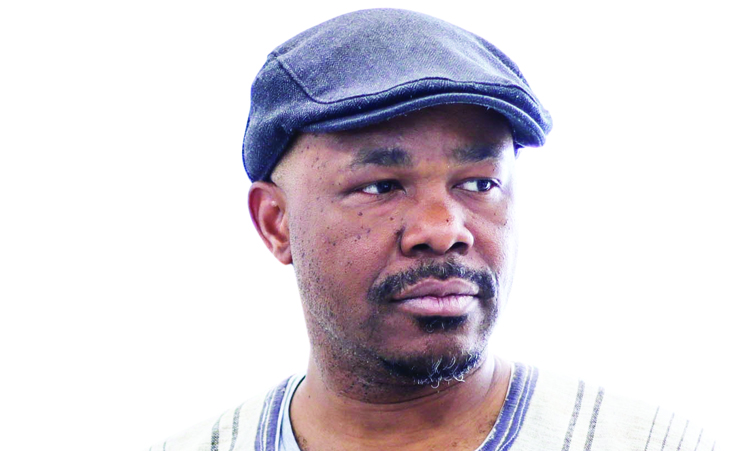From time immemorial, cities have had their challenges.
They faced difficulties in ancient times in Africa. Some emerged and then disappeared because of ineffective management and natural disasters.
Some ancient cities survived tough times and are still with us – like the nearly 1 000-year-old Agadez (Niger), Malindi (Kenya), Lalibela (Ethiopia), Kano (Nigeria) and Mbanza-Kongo (Angola), and several others.
These cities were spatially divided into neighbourhoods and mega-sites for various populations, including rulers and artisans.
So, they did have (and must have had) their share of slums. However, they never had the wave of informal settlements we see in today’s modern cities.
Today’s informal settlements emerged as a spatial logic meant to segregate those who live in planned areas from those living in unplanned areas, even though they live in the same city.
Informal settlements are usually where most urban populations live in our cities. They are characterised by insecure livelihoods and poor and unfair distribution of infrastructure, resources and human activities across different areas (spatial injustice).
They are viewed as places for people of a lower socioeconomic status.
REALITIES
I am not presenting theories here. I am alluding to the realities of informal settlements in African cities.
The pictures of these settlements reflect a mix of, in most cases, poorly designed and shallowly erected mud, plastic and corrugated shacks all over Africa.
They are places with inhuman and substandard living conditions. Seeing or thinking about them produces grim images of humanity.
Urban informal settlers are a people spatially isolated, confined in constricted spaces that squash them against others, are infrastructurally neglected, and viewed as inferior, unlike those living in the formal parts of the city.
We must never forget that, just like the formal part of the city, informal settlements are equally crucial to our national development.
Some notable talents (politicians, intellectuals, sport and entertainment personalities) in Africa were born in slums or informal settlements, yet informal settlements are mostly remembered for criminality in cities.
Informal settlements also provide unique city-life services and neighbourly experiences in diverse ways to more than half a billion people exercising their rights to city life in Africa.
For instance, most bus/taxi drivers delivering transport services in African cities live in informal settlements.
Most street traders supplying urban populations with refreshments live in informal settlements.
They also pay city authorities direct and indirect taxes (including levies and fines).
Important is that most of the youth we expect to hand over the helms of leadership to in Africa live in and will be born in informal settlements.
‘SELF-HELP HOUSING’
This abhorrent spatial inequality of urban areas can be found in many parts of the world. Informal settlements are home to 25% of the global population.
They are not specifically an African challenge.
The problem in Africa is that governments struggle to face the reality – that is, these settlements are not going away anytime soon.
They need to be absorbed or integrated into the mainstream of city life to become part and parcel of the cityscape or the visual appearance of a city. Formal urban dwellers must accept them as equal neighbours when accessing urban infrastructure and amenities.
The proliferation of informal settlements all over African cities is, in reality, our people’s response to self-help housing.
It embodies citizens’ efforts to provide their social housing to fulfil a dream of homeownership, which governments have failed to do.
Informal settlement dwellers are not unaware of their situation – a reason why, irrespective of the many threats they receive from city authorities, they persevere in occupying unserviced land in cities.
Their actions constitute a statement to governments that if governments cannot provide housing to citizens, then the citizens will do it their way.
So, informal settlers build informal settlements for their survival.
I believe African cities should be places where informal and formal settlements must live together and be accepted as two parts that make up a whole (or two sides of the same coin).
This is because every city in Africa represents a spatially plural enclave with contributions to be made by all units and from all segments of its residents.
SPATIAL JUSTICE
To see our cities this way, we must develop a state of mind that encourages spatial justice and equality of spaces in urban areas.
The current state of the formal versus informal divide in African cities (be it Windhoek, Cairo, Lagos, Nairobi or Addis Ababa) reflects the state of mind of those who determine the course of action (politicians, planners and other decision-makers in the urban sector).
Shifting this state of mind from the point of exclusivity to that of the inclusivity of city residents will be crucial to solving the dichotomy between formal and informal settlements within one city.
- Uchendu Eugene Chigbu is associate professor (land administration) at the Namibia University of Science and Technology (Nust), and coordinator of Network of Excellence on Land Governance in Africa (Nelga). Views expressed in this article are entirely his own, and not those of Nust and Nelga.
Stay informed with The Namibian – your source for credible journalism. Get in-depth reporting and opinions for
only N$85 a month. Invest in journalism, invest in democracy –
Subscribe Now!






